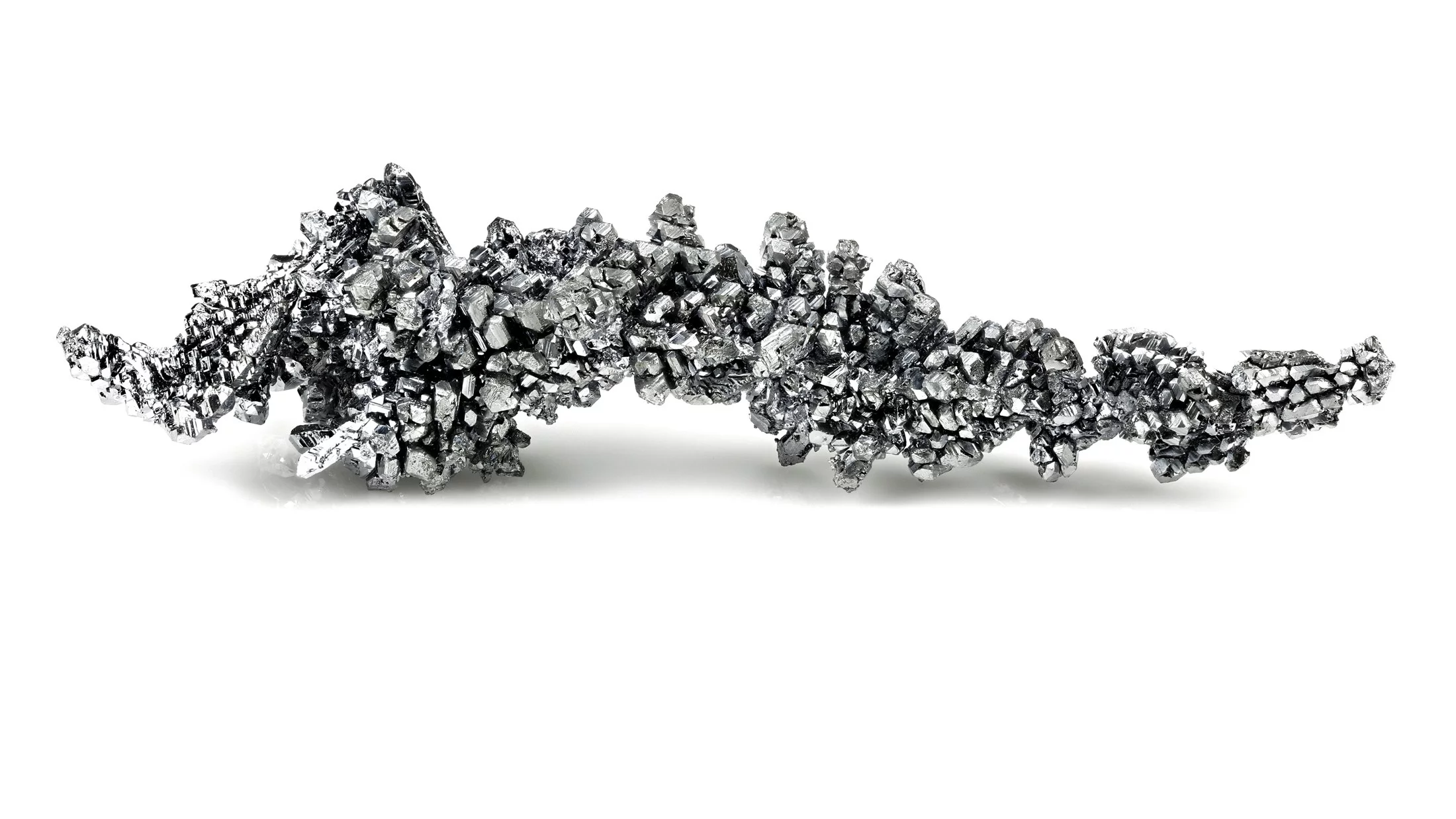Energy is produced, consumed, and influences the environment - all of these phases are researched at the PSI Center for Energy and Environmental Sciences.
Lab News & Scientific Highlights
Study reveals: Smoke from crop residue burning worsens air pollution in Indian cities
Identifying the main source of air pollution in Indian cities is crucial to reducing the many deaths caused by fine particulate matter (PM₂.₅) – deaths that during the harvest season can account for up to half of all air pollution-related fatalities. An international research team lead by the Paul Scherrer Institute (PSI), funded by the Swiss Agency for Development and Cooperation (SDC) has investigated in detail the sources of the organic components of fine particulate matter in the northern Indian cities of Delhi and Kanpur, located in the Indo-Gangetic Plain. Using novel high-resolution molecular measurement techniques and advanced data analysis, the researchers were able to precisely identify and quantify the sources of organic fine particulate matter.
Sarbajit Banerjee wins Royal Society of Chemistry’s Centenary Prize
ETH Zürich and the Paul Scherrer Institut PSI scientist Professor Sarbajit Banerjee has been named winner of the Royal Society of Chemistry’s Centenary Prize in recognition of brilliance in research and innovation.
PSI research at Switzerland’s most-visited museum
Making energy research something visitors can experience: The Swiss Museum of Transport is creating a platform for political and social dialogue on energy issues.
Energy Briefing Event 2025
On the afternoon of 28 May 2025, our annual Energy Briefing took place at the Zentrum Paul Klee in Bern - for the fourth time! This year, everything revolved around the topic of ‘electromobility’.
The event brought together researchers, industry experts, and political decision-makers to discuss the crucial role of electromobility for a sustainable future.
Our speakers, Martin Bolliger (TCS), Prof Dr Sarbajit Banerjee (PSI/ETH Zurich) and Adrian Wachholz (ABB E-mobility), offered exciting insights and engaged in lively discussions with the audience on questions such as:
- How can we scale renewable energy infrastructure to meet the demands of electric vehicles?
- What solutions are there for creating sustainable and resilient supply chains for critical raw materials needed for battery technologies?
- Can innovations such as bidirectional charging overcome regulatory and technical barriers?
Publications
-
Aegerter D, Fabbri E, Borlaf M, Yüzbasi NS, Diklić N, Clark AH, et al.
Delving into Fe-content effects on surface reconstruction of Ba0.50Sr0.50Co1−xFexO3−δ for the oxygen evolution reaction
Journal of Materials Chemistry A. 2024; 12(9): 5156-5169. https://doi.org/10.1039/d3ta06156f
DORA PSI -
Aeppli D, Gartmann J, Schneider R, Hack E, Kretschmer S, Nguyen TTD, et al.
Safe and reliable laser ablation assisted disassembly methodology for cylindrical battery cells for post-mortem analysis
Journal of Energy Storage. 2024; 83: 110571 (12 pp.). https://doi.org/10.1016/j.est.2024.110571
DORA PSI -
Alves GAS, Pacholik G, Pollitt S, Wagner T, Rameshan R, Rameshan C, et al.
Mn-promoted MoS2 catalysts for CO2 hydrogenation: enhanced methanol selectivity due to MoS2/MnOx interfaces
Catalysis Science and Technology. 2024; 14(5): 1138-1147. https://doi.org/10.1039/d3cy01711g
DORA PSI








